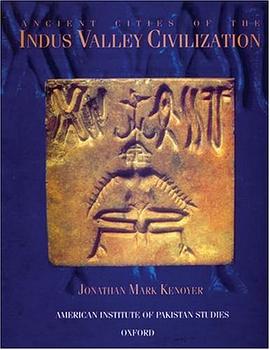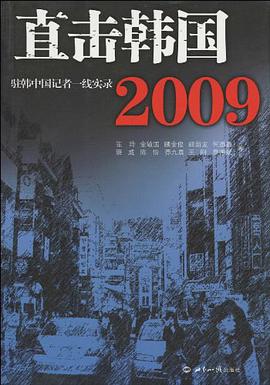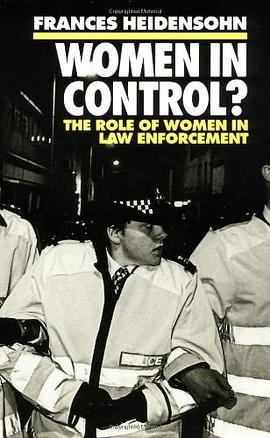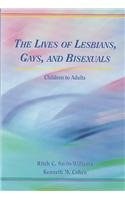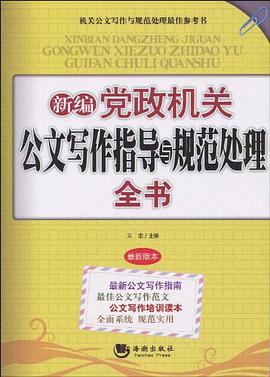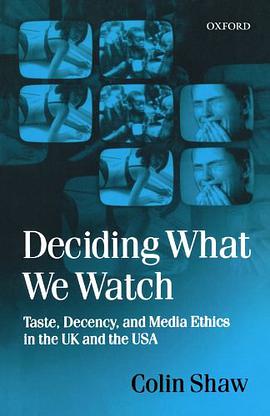

具体描述
The recent history of broadcasting on both sides of the Atlantic, characterized by a great increase in the number of services on offer to the public, has been brought about by technological advances and economic pressures. This has inevitably affected traditional forms of content regulation. The book explores the moral basis and history of such regulation as it has until now been applied to major issues of taste and decency. These include the protection of children, obscenity and bad language, offences against religious sensibility, 'reality' television, and stereotyping. What Should We Watch? considers the different constraints (in the law, cultural customs, and self-regulation) affecting broadcasters in the two societies and the means by which they have responded to them. The book describes, with examples, the operations of compliance regulations and standard controls. It also looks at the impact of the First Amendment on American broadcasting in this area. It looks at the arguments for the practicality of maintaining appropriate forms of restraint into the future. What Should We Watch? poses the question of how divided and diverse societies decide what is permissible to broadcast and how the issue might continue to evolve in the future.
作者简介
目录信息
读后感
评分
评分
评分
评分
用户评价
相关图书
本站所有内容均为互联网搜索引擎提供的公开搜索信息,本站不存储任何数据与内容,任何内容与数据均与本站无关,如有需要请联系相关搜索引擎包括但不限于百度,google,bing,sogou 等
© 2026 book.wenda123.org All Rights Reserved. 图书目录大全 版权所有




